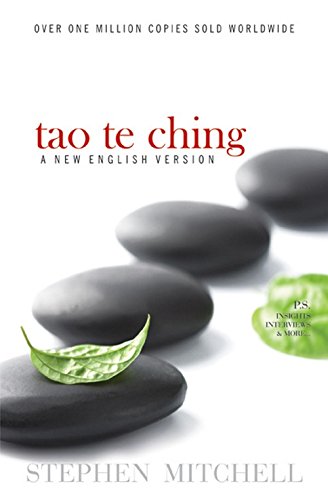
The first book of the Tao (written by the perhaps legendary Lao-tzu) is the Tao Te Ching, that marvel of lucidity and grace, the classic manual on the art of living.

I have written these in the spirit of Chuang-tzu, for whom nothing, thank goodness, was sacred. Facing each chapter there is a brief commentary, which is meant to clarify the text or to complement it. I have anthologized these anthologies, picking from them the freshest, clearest, most profound passages.

286 BCE), and the Chung Yung (“The Central Harmony”), which was ascribed to Confucius’ grandson, Tzu-ssu (c. The selections in this book have been adapted from two Chinese anthologies that were probably compiled between 300 and 100 BCE: the Chuang-tzu, parts of which were written by the eponymous sage, Master Chuang (c. In that treasury, there is nothing more precious than the wisdom of the ancient Chinese. Well, yes, if hat is defined as the treasury of recorded wisdom that is our common birthright.

“A second book of the Tao? There’s no such thing! What did you do-pull it out of your hat?” The left to the Tao Te Ching’s right, the yang to its yin, a companion volume and antimanual, The Second Book of the Tao is a great gift to contemporary readers.

Alongside each adaptation, Mitchell includes his own brilliant commentary, at once illuminating and complementing the text. Mitchell has selected the freshest, clearest teachings from these two great students of the Tao and adapted them into versions that reveal the poetry, depth, and humor of the ancient texts with a thrilling new power, and makes them at once modern, relevant, and timeless. Following the phenomenal success of his own version of the Tao Te Ching, renowned scholar and translator Stephen Mitchell has composed the innovative The Second Book of the Tao, which draws from the work of Lao-tzu’s disciple Chuang-tzu and Confucius’s grandson Tzu-ssu. The most widely translated book in world literature after the Bible, Lao-tzu’s Tao Te Ching, or Book of the Way, is the classic manual on the art of living. Compiled and adapted from the Chuang-tzu and the Chung Yung, with commentaries The Penguin Press 2009


 0 kommentar(er)
0 kommentar(er)
